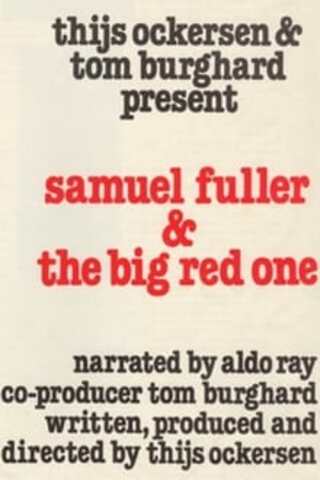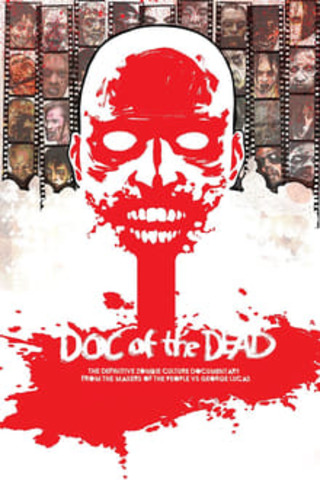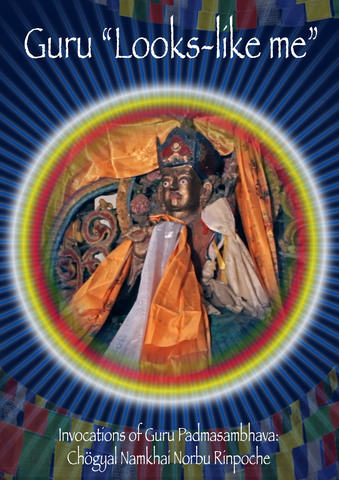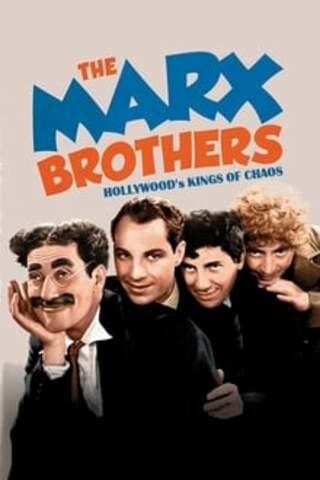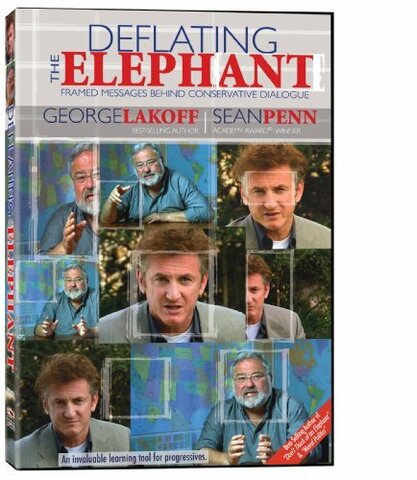

Deflating the Elephant Framed Messages Behind Conservative Dialogue
2009
2h 04m
5
Author George Lakoff examines the lexicon of conservative politicians in the U.S. and how phrases such as "pro life", "no child left behind" and "the war on terror" dominated the national di...
Storyline
Common Misconceptions
After reading over the possible essay ideas given to us and briefly doing some research on them, I found myself wanting to talk about all of them. Being that I can't delve into each topic as much as I would like, or even fully talk about one of the topics to the extent I would prefer, I am going to lightly touch on some of the common misconceptions of words and ideas associated in and with politics.
First off we need to go back to when our country was founded and discuss the type of government that was established. This is a huge issue in our society today because most people think that our government is a democracy, even "dictionary.com" has the U.S. defined as a democracy. When in actuality we are a republic. This is such a large issue because these two forms of government are not only dissimilar but antithetical. "The chief characteristic and distinguishing feature of a democracy is: rule by omnipotent majority. In a democracy, the individual, and any group of individuals composing any minority, have no protection against the unlimited power of the majority." (1) "A republic, on the other hand, has a very different purpose and an entirely different form, or system, of government. Its purpose is to control the majority strictly, as well as all others among the people, primarily to protect the individual's God-given, unalienable rights and therefore for the protection of the rights of the minority, of all minorities, and the liberties of people in general." (1)
To expand on this idea the literal definition of a democrat is, one, "an advocate of democracy" (2), and two, "a person who believes in the political or social equality of all people." (2) However, after reading the previous paragraph it seems a little hypocritical for those two definitions to be associated with each other.
Another common term that suffers from misperception, as many political terms do, is "liberal", due to overlap with relating political ideologies. So let's first define the characteristics, or view points, of a liberal. In doing so we have to define liberalism because this is where the ideology of a liberal stems from. However, this is were we run into a problem, because it is a broad political and philosophical mindset, which takes various forms. So let's start by first tracing it back to where the word was derived from. "The word "liberal" derives from the Latin word liber ("free, not slave"), and is associated with the word "liberty" and the concept of freedom." (4) So, based on that, most Americans that believe in our Constitution could and should be labeled as liberals. From here we can begin to break down the trends and trace the word back to its original meaning, which ultimately was that of, what we call today, classical liberalism. Classical liberalism is a doctrine stressing individual freedom, free markets, and most importantly, limited government. It also may be represented by Henry David Thoreau's statement "that government is best which governs least." This is were the problem lies because "now a day liberals" are characterized as believing in governmental action to achieve equal opportunity and equality for all, and that it is the duty of the State to alleviate social ills and to protect civil liberties and individual and human rights. Further, believing the role of the government should be to guarantee that no one is in need and that people are basically good. Therefore, "liberal" policies generally emphasize the need for the government to solve people's problems. (3) Which we can see as being extremely contradictory!
The interesting part is that conservatives are characterized as believing in personal responsibility, limited government, free markets, individual liberty, traditional American values and a strong national defense. Further, believing the role of government should be to provide people the freedom necessary to pursue their own goals. Therefore, conservative policies generally emphasize empowerment of the individual to solve problems. (3) With that said, conservatives have more of a libertarian mind set.
Further, republicanism, which is associated with conservatism, is the ideology of governing a nation as a republic. In addition, an important element of Republicanism is constitutional law to limit the state's power over the citizens. Our founding fathers were strong advocates of republican values.
To conclude this issue, I feel Samuel Freeman said it best: "libertarianism's resemblance to liberalism is superficial; in the end, libertarians reject essential liberal institutions. Correctly understood, libertarianism resembles a view that liberalism historically defined itself against, the doctrine of private political power that underlies feudalism. Like feudalism, libertarianism conceives of justified political power as based in a network of private contracts. It rejects the idea, essential to liberalism, that political power is a public power to be impartially exercised for the common good." (5) With that said, just like in politics, its own terms are very confusing and it's hard to associate any person to any one term. Lastly, another big issue in our society is that of the phrase "separation of church as state." No where in the Constitution will you find those words. It is written in the First Amendment to the Constitution that "Congress shall make no law respecting an establishment of religion, or prohibiting the free exercise thereof
" This prevents the government from establishing a national church. However, it does not prevent God from being acknowledged in government. In actuality, God is mentioned in the Declaration of Independence as well as the Constitution. Though I am not advocating a church to control the government or the government to control a church because then neither one of them will be what a church or government ought to be. However, it is written, "For the nation and the kingdom which will not serve you will perish, and the nations will be utterly ruined," Isaiah 60:12
Read more
Read less
Other Details
Release Dates: 05-19-2009
Country of origin: United States
Language: English
Technical specs
Color Format
Color: color
Financial
Budget: USD
Revenue Worldwide
Currency: USD
